
Leadership in the Era of Economic Uncertainty
Managing in a Downturn
Read or listen offline
Recommendation
This short, pointed book by one of America’s leading management thinkers offers a checklist of to-do steps for managers who are coping with the economic crisis. Ram Charan covers all the bases: the board of directors, chief officers, operations, sales, research and development, and more. He offers direct, unambiguous, actionable advice for managing at each level, including: manage for cash, watch the numbers, know which customers to fire and recognize that annual targets make no sense when demand is unpredictable. Charan’s record as a coach to CEOs and as an author of best-selling business books speaks for itself. In this book, getAbstract finds that he more than lives up to his reputation, avoiding jargon, generalizations and lofty theoretical pronouncements to focus on what managers must do now for their companies to survive.
Summary
About the Author
Ram Charan is the co-author of Execution and Confronting Reality, and the author of What the CEO Wants You to Know. A noted expert on business strategy, he has coached some of the world’s most successful CEOs.









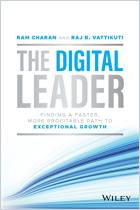
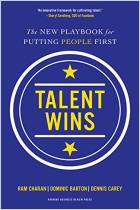
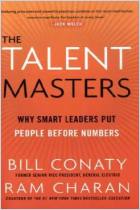





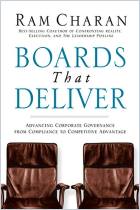
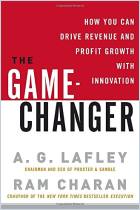

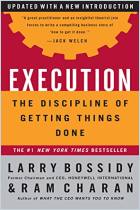




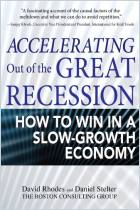







Comment on this summary or Начать обсуждение
Several points he makes align well with Constellation's Premiumizing the Overall Portfolio goal:
1. Cutting products that are contributing only marginally to profits; this simplifies operations but also simplifies other less glamorous functions such as demand planning, customer service, inventory management, etc.
2. Innovation as a way to prepare for better business conditions supports Constellation's strategy to build brands and business organically. Reserving the money and manpower to make this possible even in tough times helps companies recover faster and take better advantage of improved conditions before the competition is recovered enough to respond.
Overall, I think this is a good basic review of strategies we should employ to keep Constellation financially strong enough to weather the current economic situation while preparing for economic improvement when it comes.